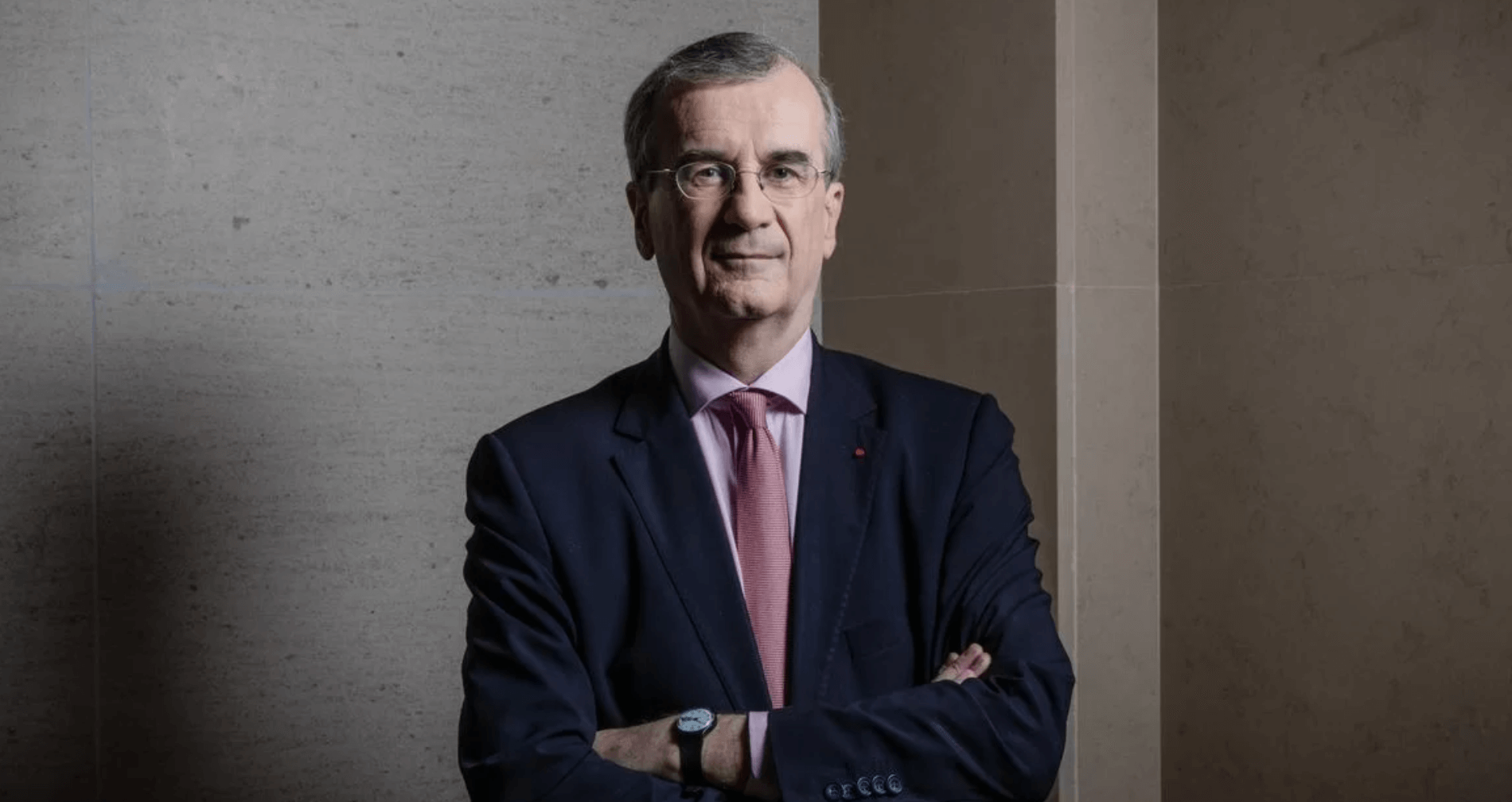Bank of France’s Governor, Villeroy de Galhau, recently underlined the critical role of international cooperation, such as MiCA 2, in regulating cryptocurrency firms. He illuminated the essential requirement for collaborative efforts to effectively address the challenges posed by these holdings, during his speech at a technology forum in Paris.
Is MiCA the Solution for Crypto?
In light of this, Villeroy broached the idea of reviewing the recently adopted crypto legislation in the European Union. He underscored the potential necessity of comprehensive measures aimed at overcoming this multifaceted issue.
Villeroy pointed out the inadequacy of single-handedly regulating individual entities within a single jurisdiction. He referenced practices of American crypto firms operating through different legal entities across multiple jurisdictions, further underlining the pressing need for global collaboration against this complex challenge.
Whilst acknowledging the commendable advancements of the European Union in the field of crypto regulation, Villeroy presented views on the potential need for a revised iteration of the Markets in Crypto-Assets (MiCA 2) legislation.

He appropriately termed this as “MiCA 2”, a revised regulation that will address regulatory measures related to crypto companies. Following the European Parliament’s approval of MiCA 2 in April this year, the EU Council also endorsed the world’s pioneering comprehensive crypto regulation set in May.
European Central Bank President Speaks
This concerted effort is recognized as a significant initiative to effectively regulate and supervise the crypto sector. The introduction of MiCA 2 came in the wake of significant events such as the unfortunate collapse of major players like crypto exchange and subsequent regulatory pressures on industry leaders, including Binance. These incidents further highlighted the urgent need for robust regulatory frameworks to ensure the stability and integrity of the crypto industry.
The current framework of MiCA does not yet cover certain activities, products, and services associated with crypto assets. Specifically, crypto lending, decentralized finance (DeFi), and NFTs remain outside the scope of regulatory reach.
Consequently, key figures in governance and policymaking, including European Central Bank (ECB) President Christine Lagarde, advocated the implementation of a secondary set of regulations, commonly known as MiCA 2.
Villeroy, at a significant technology forum in Paris where startups, executives, and investors congregated, drew attention to the newly emerging nature of decentralized finance as a technological innovation. He stressed the importance of uniform rules designed to address comparable risks associated with such activities, indicating that actors using this technology for financial services should be regulated.

 Türkçe
Türkçe Español
Español









